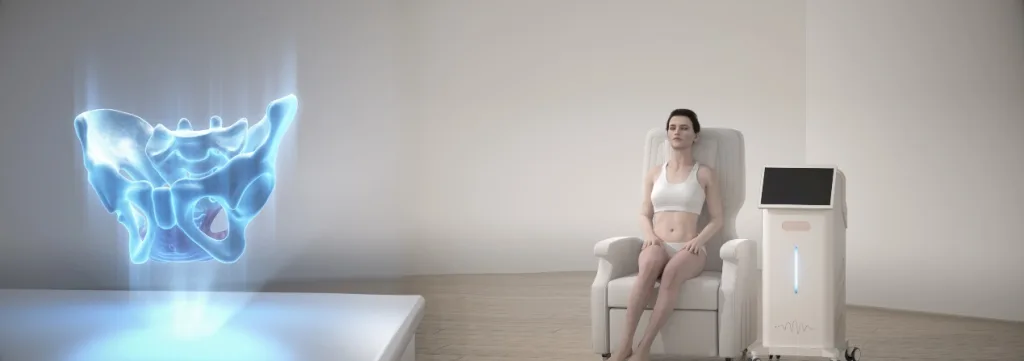
With the impact of pregnancy and childbirth and increasing age, pelvic floor diseases come along, such as urinary leakage, constipation, and vaginal relaxation, but many people are shy to speak up and dare not see a doctor. First of all, congratulations to you who have taken the brave first step while reading this article!
Recently, many sisters have come to ask Pengpeng what she needs to pay attention to during pelvic floor rehabilitation treatment? Here we go! Here we go! Here’s the latest and most comprehensive guide! Hurry up and save it~
Firstly, you need to know which type of pelvic floor muscle you belong to (this can be consulted with the doctor or nurse who treats you)
Relaxation type
1. Improve lifestyle, control weight, such as eating a balanced diet, quitting smoking and limiting alcohol consumption, and drinking less or no caffeinated beverages.
2. Adhere to family pelvic floor muscle training, such as Kegel exercise and vaginal dumbbell training. If Kegel exercise is combined with vaginal dumbbell training, it can better consolidate the effect of pelvic floor rehabilitation.
3. The intensity of family pelvic floor muscle training should follow the advice of professionals and be adjusted according to actual situations.
4. For patients with severe pelvic organ prolapse or excessive pelvic floor muscle activity, vaginal dumbbell training should be suspended. After the pelvic organ prolapse improves to mild to moderate or excessive pelvic floor muscle activity improves, vaginal dumbbell training should be performed.
5. Try to avoid or shorten heavy physical labor time, reduce behaviors that increase abdominal pressure, such as holding a baby for a long time.
6. Actively treat diseases such as chronic cough, chronic constipation, and difficulty defecating that lead to chronic increases in abdominal pressure. If some diseases are difficult to cure, such as chronic cough, the pelvic floor muscles can be contracted and maintained before coughing.
7. Recovery of the rectus abdominis separation should be performed after the pelvic floor muscle strength reaches level three or above to avoid further damage to the pelvic floor muscles caused by increased abdominal pressure.
8. During pelvic floor treatment, attention should be paid to contraception. If a pelvic floor assessment is required the next day, it is recommended to stay in a different room the previous day and rest properly.
If vaginal bleeding, obvious discomfort in the waist and abdomen are encountered during pelvic floor treatment, clinical physicians should be consulted in a timely manner.
10. If urinary and reproductive infections occur during pelvic floor treatment, it may exacerbate certain clinical symptoms of pelvic floor diseases, such as frequent urination and urgency, which should be distinguished and taken seriously.
11. Maintain a relaxed and happy mood, and actively communicate with the treating doctor if there are any questions or problems.


